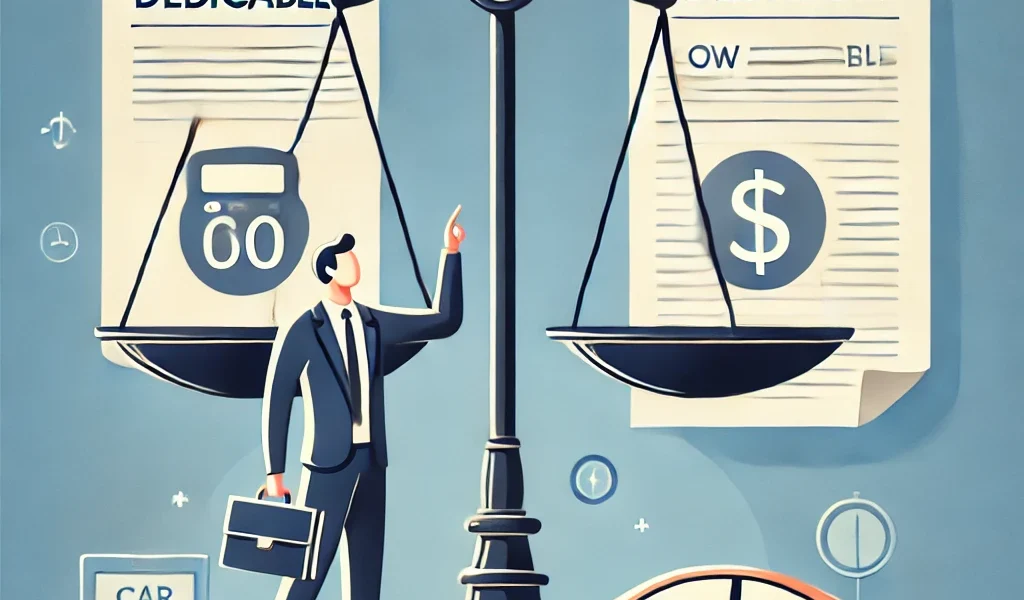Choosing the right deductible for your car insurance policy is a crucial decision that affects both your premiums and out-of-pocket costs in the event of an accident. A deductible is the amount you agree to pay before your insurance kicks in to cover the remaining expenses. The right balance depends on your financial situation, risk tolerance, and driving habits.
In this comprehensive guide, we’ll explore what a deductible is, how it affects your insurance premiums, the pros and cons of high vs. low deductibles, and key factors to consider when making your decision.
What Is a Car Insurance Deductible?
A car insurance deductible is the amount you must pay out of pocket before your insurance company covers the remaining claim amount. For example, if your deductible is $500 and you file a claim for $3,000 in damages, you’ll pay $500 while your insurer covers the remaining $2,500.
Deductibles apply primarily to collision and comprehensive coverage, but not typically to liability coverage, which pays for damages you cause to others.
How Your Deductible Affects Your Insurance Premiums
There’s an inverse relationship between your deductible and insurance premium:
- Higher Deductible = Lower Premiums: Choosing a higher deductible lowers your monthly or annual insurance premium because you’re assuming more financial responsibility in the event of a claim.
- Lower Deductible = Higher Premiums: A lower deductible reduces your out-of-pocket costs after an accident but increases your insurance premium since the insurer covers more risk upfront.
Understanding this trade-off is key to choosing the right deductible.
Pros and Cons of a High Deductible vs. Low Deductible
High Deductible ($1,000 or more)
✅ Pros:
- Lower monthly or annual premium
- Ideal for safe drivers with a low likelihood of filing claims
- Encourages responsible driving habits
❌ Cons:
- Higher out-of-pocket costs in case of an accident
- May not be suitable if you don’t have emergency savings
- Can be financially burdensome after a significant accident
Low Deductible ($250–$500)
✅ Pros:
- Lower out-of-pocket costs after an accident
- Provides financial security if you don’t have significant savings
- Ideal for high-risk areas where accidents are more common
❌ Cons:
- Higher monthly or annual insurance premiums
- Could result in overpaying for coverage if you rarely file claims
Factors to Consider When Choosing Your Deductible
1. Your Financial Situation
Can you afford to pay a higher deductible if you get into an accident? If not, opting for a lower deductible might be a safer choice.
2. Your Driving Habits
- If you’re a careful driver with a low accident risk, a higher deductible might make sense.
- If you drive frequently in high-traffic areas, a lower deductible might be beneficial.
3. Value of Your Car
- Older vehicles with lower market value might not need comprehensive or collision coverage, making deductible selection less relevant.
- Newer or expensive cars may justify a lower deductible for financial protection.
4. Risk Tolerance
- If you prefer financial stability, a lower deductible can provide peace of mind.
- If you’re comfortable taking on some financial risk, a higher deductible can save you money on premiums.
5. Frequency of Claims
- If you rarely file claims, a high deductible can help lower your insurance costs.
- If you anticipate making claims (e.g., living in an area with extreme weather), a lower deductible may be the better choice.
How to Calculate the Best Deductible for You
- Evaluate Your Savings: Ensure you can afford your chosen deductible amount in case of an accident.
- Compare Premium Savings: Ask your insurer for premium estimates based on different deductible options.
- Assess Risk Factors: Consider your location, driving record, and likelihood of filing a claim.
- Check Your Loan/Lender Requirements: If your car is financed, your lender may require a specific deductible level.
Final Thoughts
Choosing the right car insurance deductible requires a balance between affordability and financial protection. If you have sufficient savings and a clean driving record, opting for a higher deductible can lower your premium costs. However, if you want peace of mind and financial security, a lower deductible may be the better option.
Ultimately, the best deductible is one that aligns with your financial situation, driving habits, and risk tolerance. Compare different options, speak with your insurer, and make an informed decision that ensures the best coverage at the most affordable cost.
🚗💡 Make the right choice today and drive with confidence!




